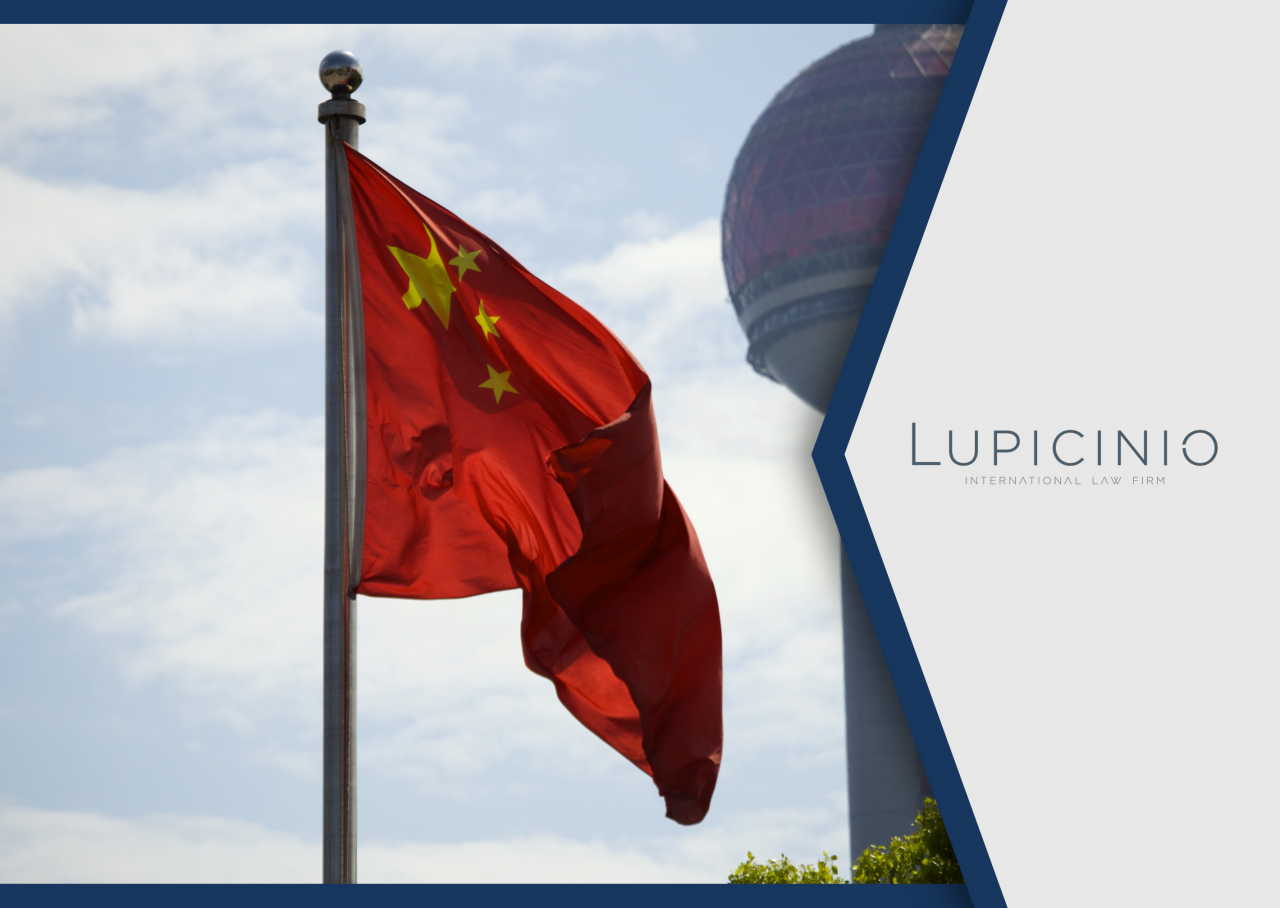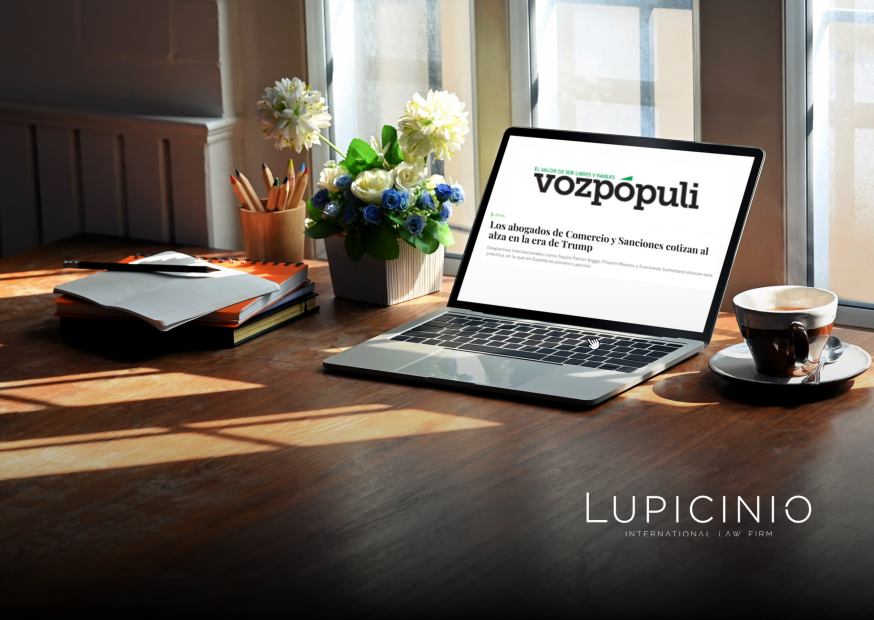In China, foreign law firms are not allowed to provide local law advisory services. Therefore, the “legal divisions” of the Big Four used to establish a strategic alliance with domestic law firms. Thus, those affiliations were consummated allowing for comprehensive advice on transactions with China.
It seems that the end of these affiliations or collaborations – and consequently the legal activity of the Big Four – has come to an end as it happened before in India. PwC and Deloitte have expressly and publicly confirmed the closure of their associated law firms in China. KPMG and EY, although silent on the matter, have also closed down, with the disappearing of the websites of the locally operating law firms.
Although the closures have not been done publicly, they have been the subject of discussion in the local legal sector as hundreds of employees have joined different firms.
The closure has been quiet after intense regulatory scrutiny.
China has followed in the footsteps of other “strict” countries such as India or the USA. In the USA, for example, the – radical – route of an absolute prohibition, both direct and indirect, of the joint provision of audit and legal services was chosen. There, the prohibition of multi-professional partnerships of lawyers with auditors remains in force in many states under the Model Rule of Professional Conduct”. Therefore, unlike in Spain, the use of special purpose vehicles by the Big 4 firms for the provision of legal services would not be acceptable in the US.
In Europe, the proliferation of financial tsunamis and the widespread distrust of the multidisciplinary model of auditing companies led to the approval of a well-meaning EU regulation that was formally born with a clear objective: to increase transparency and reinforce the independence and objectivity of the auditor. I am referring to Directive 2014/56/EU on statutory audit of annual accounts and consolidated accounts, which amended its predecessor, Directive 2006/43/EC and (EU) Regulation 537/2014 on specific requirements for the statutory audit of public interest entities (PIEs).
That European legislation opted for a legal regime that distinguishes between the so-called Public Interest Entities (PIEs) and other companies. On the one hand, we have the Directive, as a “soft law” type model with a wide margin of manoeuvre for each Member State to transpose it. On the other hand, we have the Regulation, as a directly applicable autonomous instrument, which establishes the specific requirements to be met by the auditors of public interest entities (unfortunately more formal than material), with prohibitions and incompatibilities.
The Spanish legislator opted for a “comprehensive reform” of the current Auditing Law in which these two European provisions are combined, dedicating a specific section, Chapter IV of Title I, to the so-called EIPs. The new reform undertaken, specifically concerning auditor-attorney incompatibility, was unsatisfactory (except for the Big 4) both for the audit services of PIEs and for the remaining entities.
Under article 5 of the Audit Law, the following shall be considered public interest entities: financial, insurance and listed entities (including those operating on theBME Growth), as well as those that are determined by regulation, according to their public importance, size and activity, inter alia.
As regards the incompatibility regime for PIEs, Article 39 of the Audit Law, by direct reference to Article 5.1 of the Regulation, established a temporary incompatibility for the joint provision of legal and audit services by expressly prohibiting auditors and members of their “network” from providing legal services to the audited public interest entity, its parent company or its controlled companies at the date of completion of the audit work.
This Spanish PIEs legislation is not convincing, as a limitation in time of the joint provision of PIEs does not guarantee the independence of the audit function.
It does not appear that the external auditor is in an idyllic situation to be able to maintain the objectivity and independence that is characteristic of their position, or at least not in all its aspects. Both the Code of Ethics for Professional Accountant (IFAC) and the Basel Committee on Banking Supervision (BCBS) have stressed on countless occasions that the external auditor must be independent “in fact just as much as in appearance” (Expectation Nº 2, External Banks Audit and section 280.2 of the IFAC Code of Ethics).
As regards entities not considered to be in the Public Interest, i.e., the vast majority (SMEs), the legislator opted to leave the regulations as they were before. Thus, article 16.1 section b) 4º of the Audit Law continues to prohibit: “the provision of legal services simultaneously for the audited entity, unless such services are provided by different legal entities and with different boards of directors, and without relating to the resolution of litigation on matters that may have a significant impact, measured in terms of materiality, on the financial statements for the audited period or year”. We do not read any mention of the ownership or ultimate beneficiary of these separate legal entities, which means that Spain tolerates, almost without limits, the provision of legal services by the Big Four through the ruses or tricks of the separate legal entity.
Einstein claimed that “he definition of insanity is doing the same thing over and over again and expect different results”. As the old scheme of formally separating audit and legal services through different subsidiaries was already an aberration at the time, given the relationship of dominance or control characteristic of groups of companies. “Every law has its loophole”, as they say, because despite the fact that the Directive allowed the Spanish legislator to go much further, it missed the opportunity to prohibit, in a categorical manner, what is clearly logical: that auditing entities can provide – directly or indirectly per alium or per se – legal services.
The current system of rotation and possible joint auditing also creates a framework conducive to the formation of concerted substitution practices and alliances of joint auditors, ultimately favouring the formation of pricing cartels.
The Americans and the Chinese are definitely ahead of us in regulatory neatness. Surprisingly, the candidates for the ICAM deanship – once again – are not addressing this issue.
We will discuss the restrictions in India, China, Brazil and Arabia on “global” firms in another occasion.
As the Brocard stated “qui facit per alium facit per se” (to be read with classical pronunciation).
You can read this article in Expansión (Spanish only).
******
More information:
Lupicinio International Law Firm
C/ Villanueva 29
28001 Madrid
P: +34 91 436 00 90
info@lupicinio.com







